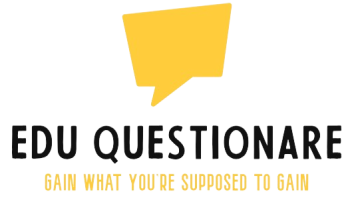
Comprehensive Unemployment Insurance Programs Supporting Sustainable Business Tax Operations
Modern businesses thrive on adaptability, and robust unemployment insurance programs help maintain that balance. These systems don’t just secure employees—they stabilize financial flows and compliance efforts across organizations. By aligning with tax-based mechanisms, they provide measurable consistency during uncertain fiscal cycles. Several firms now rely on unemployment tax management services to streamline these programs efficiently and avoid unnecessary penalties.
Expanding Financial Stability Networks
Comprehensive unemployment insurance programs act as stabilizers for organizational finances. They ensure tax obligations align with the company’s payroll dynamics and budget forecasts. Businesses can prevent revenue disruptions and sustain steady growth by managing their liabilities with precision.
Integrating Modern Compliance Measures
Today’s taxation environment demands alignment between insurance programs and corporate tax frameworks. Integration ensures fewer errors in reporting and smoother coordination with regulatory bodies. The result is a unified structure where compliance, reporting, and employee security work in tandem.
Core Strategies Enhancing Efficiency
Business operations depend heavily on consistent contribution management and policy coordination.
Effective strategies revolve around reducing redundancies and clarifying tax responsibilities.
- Establish automated claim verification
- Create balanced funding allocation models
- Use digital reporting to simplify payroll data
- Maintain quarterly audits for transparency
Data-Driven Fiscal Coordination

Strong data alignment strengthens fiscal predictability and organizational resilience.
It allows businesses to evaluate their unemployment insurance impact through measurable performance outcomes.
- Implement annual contribution forecasts
- Adjust financial models according to workforce patterns
- Track comparative claim histories for insight
- Review state-level compliance benchmarks regularly
Can Stability Programs Simplify Operations?
Absolutely—they often make everything feel more manageable and less chaotic. When systems communicate effectively, processes become smoother and oversight decreases. Many professionals note that integrated structures lower workload pressures while maintaining compliance clarity.
These programs create consistent feedback between accounting teams and employment units. That means fewer misunderstandings and better decision-making cycles. Organizations applying unemployment tax management services experience streamlined results, with improved forecasting accuracy and administrative balance across departments.
Collaborative Approaches Strengthening Workforce Assurance
When businesses emphasize structured unemployment insurance programs, employees gain confidence in long-term job stability. Reliable coverage fosters trust between leadership and workforce teams. It simultaneously supports smoother transitions during internal shifts or external market adjustments.
Evolving Frameworks Enhancing Fiscal Integrity
Ongoing tax reforms and digital compliance standards continually shape the unemployment insurance landscape. Businesses adopting adaptive models can maintain operational integrity without sacrificing performance. As frameworks evolve, proactive planning ensures both transparency and consistency remain at the forefront of tax operations.
